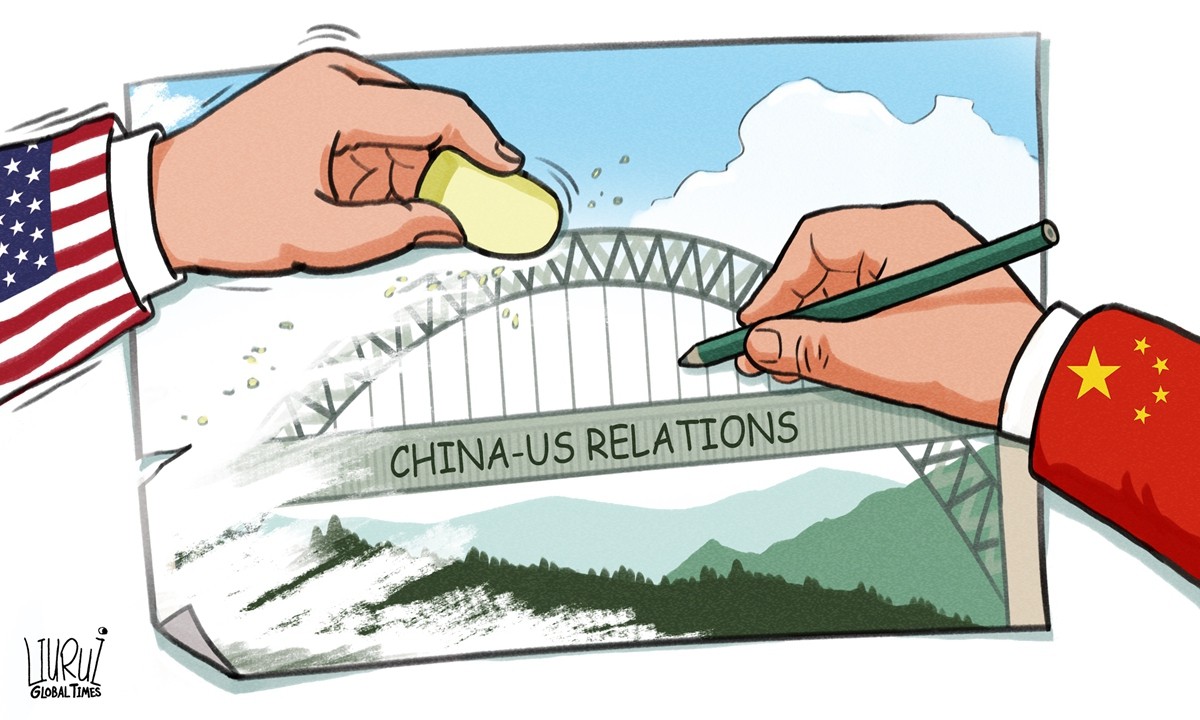Security and unfair trade concerns lead many to ban Chinese companies
Threats to the national security and fair economic interests have compelled many countries to ban, block or blacklist several Chinese firms in recent years. In the latest development, the US has blacklisted four Chinese companies that were buying US-origin goods and using them for modernising China’s military modernisation.[1]
Both US President Joe Biden and his predecessor Donald Trump appeared to have taken strict action when it came to dealing with Chinese firms. The reason: threat to national security. “Being tough on China, including through the restriction of its access to technology, is a theme that has bipartisan agreement,” said Alfredo Montufar-Helu, head of the New York-based think tank Conference Board’s China Centre.[2]
German authorities are concerned about Chinese companies giving its secret services and access to vital information and China exerting political pressure by withholding supplies, said Kai Biermann, investigative editor at Die Zeit, a German national weekly newspaper. “The authorities are concerned that suppliers from countries such as China are controlled by their governments and could thus gain direct or indirect access to German mobile phone networks,” he said.[3]
Germany has contemplated removing the Chinese telecom giants Huawei and ZTE owing to security concerns.[4] Both companies, which provide equipment used in 5G networks, are suspected of intelligence espionage activities.[5] Now Nokia has started replacing Huawei and ZTE.[6] Germany should not have relied on companies that are controlled by the Chinese government, said Thorsten Benner, director of the Berlin-based Global Public Policy Institute. “The 5G decision should have been the easy part and should have been done long ago,” he said.[7]
Australia was the first country to have perceived Huawei as a risk to national security.[8] India also has banned imports of machine parts from China, which are used in manufacturing amid fears of security vulnerabilities.[9] Eying on China, Indian military officials said bidders from the “countries sharing land borders with India will not be acceptable for security reasons.”[10] Moreover, India has ruled out the possibility of Huawei and ZTE being allowed to participate in its 5G network system.[11]
Germany in 2022 blocked the sale of a semiconductor factory to a Chinese company over security concerns. It would have “endangered the public order and safety of Germany,” said the German economic ministry.[12] Berlin even stopped supplying German medical device manufacturer named Heyer Medical AG citing public safety concerns.[13] The Chinese concern has grown further after a spy working for the Beijing government was apprehended in Dresden soon after Chancellor Olaf Scholz to China.[14]
European Union has proposed imposing export bans on three Chinese firms. [15] Moreover, it has planned to reject goods manufactured using forced labour, which is one of the human rights abuses in China’s ethnic Muslim minority region of Xinjiang. “It is simply unacceptable for our Union…to continue importing and selling in our shops products that were made with blood and tears at some step along their supply chain,” said EU lawmaker Maria Manuel Leitao Marques.[16]
Europe is in the process of banning Chinese companies that resorted to unfair business practices. China has been accused of dumping stocks onto Europe. EU has launched an investigation into allegations of dumping of biodiesel and polyethylene terephthalate (PET) plastic products from China.[17] In the recent visit, German Chancellor Scholz warned China against dumping and demanded fair competition. “The one thing that must always be clear is that competition must be fair,” he said.[18]
Now Chinese elective vehicle (EV) makers can see their entry into Europe getting difficult thanks to the allegations of illegal state financial support being received by Chinese manufacturers. While announcing an anti-subsidy investigation into Chinese electric vehicles, European Commission President Ursula von der Leyen said “Global markets are now flooded with cheaper electric cars and their prices are kept artificially low by huge state subsidies.”[19]
The Netherlands, the US, Japan and Taiwan have decided not to export semiconductor chips and related equipment to China amid fears that Beijing may use them in artificial intelligence and military applications.[20] Taiwan cited national security for its decision to impose a ban on the exports. Chen Kwo-liang, director general of the Taiwanese National Science and Technology Council (NSTC), said “If people have the knowhow to make chips below 14nm, they can make many other chips.”
END.
[1] https://www.bloomberg.com/news/articles/2024-04-11/us-blacklists-four-chinese-firms-for-helping-boost-military
[2] https://www.bloomberg.com/news/articles/2024-04-12/biden-surpasses-trump-s-record-for-blacklisting-chinese-entities#selection-2367.0-2371.46
[3] https://www.zeit.de/politik/deutschland/2023-03/5g-ausbau-bundesregierung-verbot-huawei
[4] https://www.barrons.com/news/germany-weighs-ban-on-chinese-parts-in-5g-networks-4fd50e59
[5] https://www.agenzianova.com/en/news/germania-governo-diviso-sulla-messa-al-bando-dei-componenti-cinesi-dalla-rete-5g/
[6] https://www.lightreading.com/open-ran/nokia-is-replacing-huawei-at-deutsche-telekom-sites-in-germany
[7] https://www.npr.org/2023/03/08/1154315168/germany-china-huawei-restrictions
[8] https://www.reuters.com/article/idUSKCN1L72GC/
[9] https://www.scmp.com/news/asia/south-asia/article/3230341/india-bans-military-drone-makers-using-china-made-parts
[10] https://www.reuters.com/world/asia-pacific/india-bars-makers-military-drones-using-chinese-parts-2023-08-08/#:~:text=NEW%20DELHI%2C%20Aug%208%20(Reuters,and%20documents%20reviewed%20by%20Reuters.
[11] https://www.rediff.com/news/report/citing-national-security-india-bans-chinese-cos/20230608.htm
[12] https://edition.cnn.com/2022/11/09/tech/germany-blocks-chip-factory-sale-china/index.html
[13] https://www.reuters.com/business/healthcare-pharmaceuticals/berlin-stops-chinese-firm-buying-german-medical-device-maker-handelsblatt-2022-04-27/
[14] https://www.bloomberg.com/news/articles/2024-04-23/espionage-arrests-hint-at-dark-side-of-china-europe-competition-lvca3d54#selection-1627.22-1627.55
[15] https://www.scmp.com/news/china/diplomacy/article/3252736/eu-agrees-blacklist-chinese-firms-first-time-latest-russian-sanctions-package
[16] https://www.aljazeera.com/economy/2024/4/23/eu-parliament-to-back-ban-on-forced-labour-with-eye-on-china#:~:text=Legislation%20is%20expected%20to%20be,imports%20from%20China’s%20Xinjiang%20region.&text=European%20Union%20lawmakers%20are%20set,sights%2C%20risking%20tensions%20with%20Beijing.
[17] https://policy.trade.ec.europa.eu/news/european-commission-examine-allegations-unfairly-traded-biodiesel-china-2023-12-20_en
[18] https://apnews.com/article/scholz-china-eu-competition-dumping-evs-cf6187cc4fbc1489837edeba5b2b70d9
[19] https://edition.cnn.com/2023/09/13/cars/europe-china-electric-car-subsidies/index.html
[20] https://www.cnbc.com/2024/01/18/china-could-face-more-chip-restrictions-in-2024-analysts-say.html













